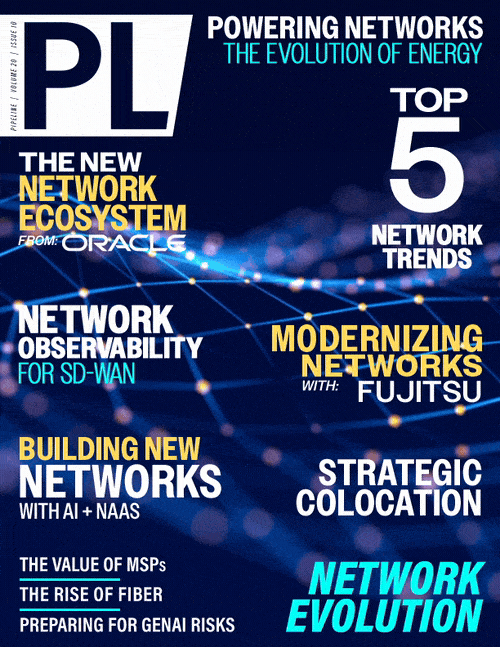The Evolution of Service Providers: Beyond
Hardware to Value-Added Solutions
The Intersection of Digital Infrastructure and Specialized Solutions
The convergence of digital infrastructure and specialized solutions is revolutionizing key industries, driving innovation, and creating unprecedented value. In healthcare, this integration is transforming patient care and operational efficiency. Electronic health records and health information exchanges now facilitate seamless data sharing across providers, while telemedicine platforms leverage high-speed networks for remote consultations. Advanced AI and ML algorithms analyze vast amounts of health data, assisting with diagnosis and treatment planning. IoT devices and wearables collect real-time patient data, enabling personalized care recommendations and proactive health management.
The automotive industry is experiencing a similar transformation, with vehicles evolving into connected, data-generating platforms. Over-the-air software updates allow continuous improvement of vehicle performance and features, while vehicle-to-everything (V2X) communication enhances traffic management and safety. Telematics and usage-based insurance leverage vehicle data to offer personalized policies, and digital twins enable predictive maintenance and improved design processes. These advancements are paving the way for autonomous driving and more efficient transportation systems.
In the gaming sector, the fusion of digital infrastructure and specialized technologies is creating more immersive and social experiences. Cloud gaming platforms now allow high-quality gaming on any device by offloading processing to remote servers, while edge computing reduces latency for multiplayer and VR/AR applications. AI enhances NPC behavior and enables procedural content generation, creating more dynamic and personalized gaming environments. Blockchain technology is also making inroads, enabling new models for in-game economies and digital asset ownership.
The financial services industry is leveraging this convergence to offer more secure, efficient, and personalized services. Open banking APIs are fostering innovation by allowing fintech companies to build new services on existing banking infrastructure. AI-powered robo-advisors provide automated investment advice and portfolio management, democratizing access to financial planning. Blockchain and distributed ledger technologies are revolutionizing cross-border transactions and creating new forms of digital assets. Meanwhile, big data analytics help financial institutions better assess risk, detect fraud, and tailor offerings to individual customer needs.
Across these industries, the integration of digital infrastructure and specialized solutions is driving operational efficiency, enhancing customer experiences, creating new revenue streams, and enabling data-driven decision-making. As technologies like 5G, edge computing, and quantum computing continue to evolve, we can expect even deeper integration and more transformative impacts across these sectors, ultimately leading to more innovative, efficient, and customer-centric services and products.
Industry-Specific Benefits of MSPs as Strategic Partners
MSPs help healthcare providers manage their workforce more efficiently by handling payroll services, workforce management, and regulatory compliance. During the COVID-19 pandemic, healthcare facilities faced severe staffing shortages. MSPs stepped in to manage contingent labor, ensuring that clinical staff were available when needed, allowing healthcare providers to focus on delivering quality patient care without being bogged down by administrative tasks.
In the financial services sector, MSPs provide critical support by ensuring robust cybersecurity measures and regulatory compliance. MSPs can deploy multi-layered security defenses, conduct regular audits, and offer Virtual Chief Information Security Officer (vCISO) services. This helps financial institutions protect sensitive data, comply with stringent regulations, and avoid the high costs associated with data breaches and non-compliance penalties.



















